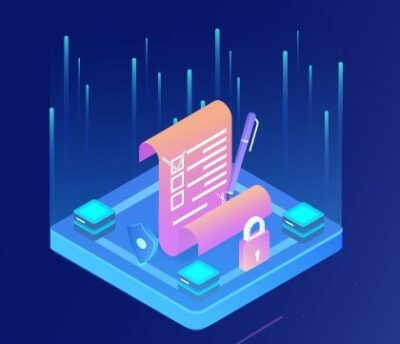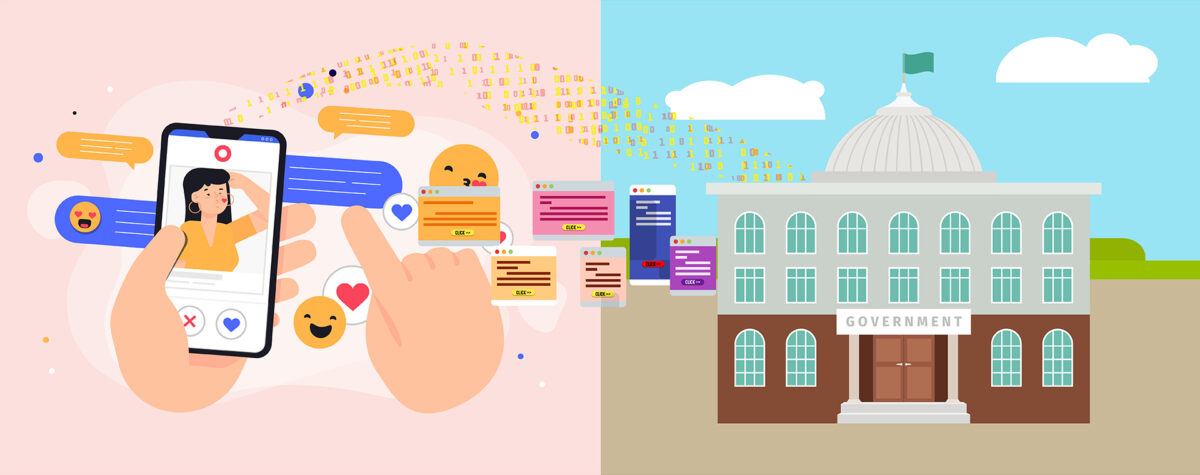Principle 10: Public Awareness
Principle 10: Public Awareness
“With great power comes great responsibility” – at least according to Spiderman. Today, data-driven companies and states hold a lot of power, due to the knowledge they have about people and their behaviour. With this power comes a responsibility to create public awareness about how data is being collected and used in our society.
The Privacy Paradox
When asked, people generally say that they care very much about their privacy. But when we look at how people actually behave, it seems that they care very little about their privacy. This is called the ‘Privacy Paradox’.
There are several possible explanations for this paradox, but one is that people are not informed about all the ways in which their privacy is, and can be, threatened. At Seluxit, we see it as our duty to create public awareness, so that people can make better informed decisions regarding their privacy.

Lack of Awareness – Examples
Many people don’t know how data about them is collected. What happens to the data, and what the data are used for, remains a black box. Most people don’t know how and when their data is being collected, and what the data is being used for. However, some of the recent data scandals have increased people’s awareness of the data-driven threats to their privacy. For example, Edward Snowden’s revelations about how the National Security Agency (NSA) collects data about everyone spawned a massive public outcry. Suddenly, the public was made aware of how their privacy was threatened by the government’s collection of data.
Another recent example is the Cambridge Analytica/Facebook – scandal which occurred in the aftermath of the 2016 US presidential election and the Brexit referendum in the UK. It turned out that millions of Facebook users’ data had been analyzed in order to determine voters’ political preferences. Afterwards, voters were targeted individually with political advertisements specifically designed to make them change their minds. Most people had no idea that this was going on, or even that it was possible, before the scandal was all over the news.

Pro-Active Awareness
Instead of waiting for the next scandal to occur, it is much better to try to increase public awareness proactively. In fact, we believe that data companies, who have the knowledge that the public lacks, have a special duty to share some of that knowledge publically.
At Seluxit, we do several things to live up to this duty. We talk about IoT and data in public venues, we engage in educational activities, and we write about data ethics in these principles.
It is important to create awareness on issues of data ethics.








Recent Comments